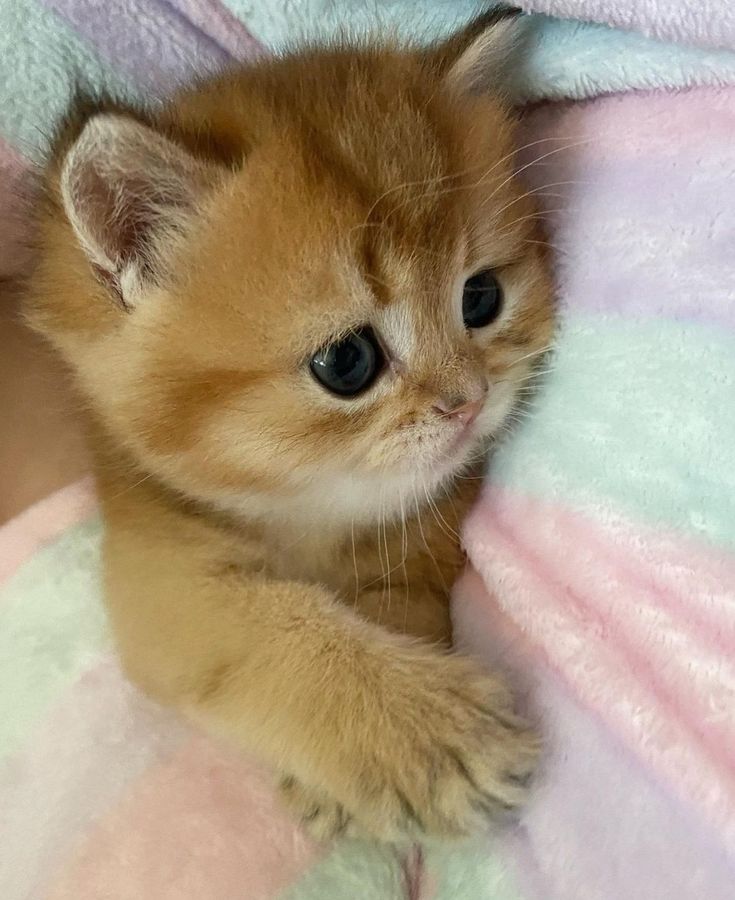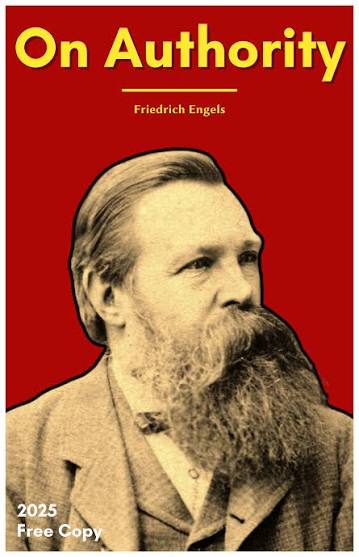Nodesbitch

it’s better to live a life of delusion than a life
- Joined
- Feb 28, 2024
- Posts
- 19,953
- Reputation
- 38,790
Edit: Liking femboys isnt gay btw
I’m tired of platitudes about “just be yourself” and “respect women” that ignore how modern mating markets actually make people feel. For some of us, the romance market feels rigged: social norms, mating incentives, and expectations create a system where certain traits are rewarded and others are punished. That’s why I want to unpack (philosophically) why some people should switch to femboys or feminized men as partners or friends instead of pursuing traditional heterosexual relationships.
First premise:
human mating is shaped by both biology and cultural signaling. Evolutionary models emphasize resources, status, and reproductive strategies; modern sociologists add consumer culture, social media, and hypervisibility. People notice rewards and punishments in the social marketplace and adapt their strategies accordingly.
Second premise:
gender is partly performance. Judith Butler-style insights apply: masculine and feminine presentations are enacted through clothing, speech, and posture. Femboys occupy an intriguing liminal space: they perform femininity while often offering the emotional availability or social loyalty some feel is missing in mainstream heterosexual pairings.
femboys are attractive because they decouple certain anxieties (status games, performative dominance, and competitive mating rituals) from intimacy. A partner who consciously blends feminine aesthetics with male social positioning can feel like a safer, more reciprocal choice
Sub-Arguments
B. Hypergamy
self explanatory
If you resonate with this thread, two practical takeaways:
Build clarity: name what you want in relationships (emotional availability, reciprocity, aesthetic compatibility) and look for it without framing other people as problems
Reform incentives: argue for social and cultural practices that reward dependable partnership and emotional labor (parental leave, more egalitarian social norms, mental health support), rather than turning private grievances into public contempt
References:
Butler, Judith. Gender Trouble: Feminism and the Subversion of Identity. Routledge, 1990.
Butler, Judith. Undoing Gender. Routledge, 2004.
West, Candace, and Don H. Zimmerman. “Doing Gender.” Gender & Society, vol. 1, no. 2, 1987, pp. 125–151. (SAGE Journals)
Beauvoir, Simone de. The Second Sex. Harvard University Press, 2009 edition (original 1949).
Bem, Sandra L. “The Measurement of Psychological Androgyny.” Journal of Consulting and Clinical Psychology, vol. 42, no. 2, 1974.
Halberstam, Jack. Female Masculinity. Duke University Press, 1998.
Stryker, Susan. Transgender History. Seal Press, 2008.
Buss, David M. The Evolution of Desire: Strategies of Human Mating. Basic Books, 2016.
Buss, David M., and David P. Schmitt. “Sexual Strategies Theory.” Psychological Review, 100(2), 1993.
Trivers, Robert. “Parental Investment and Sexual Selection.” In Sexual Selection and the Descent of Man, Aldine, 1972.
Baumeister, Roy F., and Kathleen Vohs. “Sexual Economics.” Review of General Psychology, 8(2), 2004.
Illouz, Eva. Cold Intimacies: The Making of Emotional Capitalism. Polity Press, 2007.
Illouz, Eva. Why Love Hurts: A Sociological Explanation. Polity, 2012.
Eastwick, Paul W., and Eli J. Finkel. “When and Why Sex Differences in Mate Preferences Emerge.” Journal of Personality & Social Psychology, 2008.
Zentner, Marcel, and Klaudia Mitura. “Stepping Out of the Caveman’s Shadow.” Psychological Science, 2012 (cross-national evidence challenges fixed hypergamy).
Hochschild, Arlie Russell. The Managed Heart: Commercialization of Human Feeling. University of California Press, 1983.
Blau, Peter. Exchange and Power in Social Life. John Wiley & Sons, 1964.
Thibaut, John W., and Harold Kelley. The Social Psychology of Groups. Wiley, 1959.
Finkel, Eli J., et al. “Online Dating: A Critical Analysis…” Psychological Science in the Public Interest, 2012.
Hobbs, Mitchell, et al. “Liquid Love? Dating Apps and the Liberalization of Intimate Relationships.” Sociology, 2017.
Bauman, Zygmunt. Liquid Love: On the Frailty of Human Bonds. Polity Press, 2003.
Pascoe, C. J. Dude, You’re a Fag: Masculinity and Sexuality in High School. University of California Press, 2007.
Connell, R.W. Masculinities. University of California Press, 1995.
Gauntlett, David. Media, Gender and Identity. Routledge, 2002.
Way, Niobe. Deep Secrets: Boys’ Friendships and the Crisis of Connection. Harvard University Press, 2011.
Klinenberg, Eric. Going Solo: The Extraordinary Rise of Solo Living. Penguin, 2013.
Turkle, Sherry. Reclaiming Conversation. MIT Press, 2015.
I’m tired of platitudes about “just be yourself” and “respect women” that ignore how modern mating markets actually make people feel. For some of us, the romance market feels rigged: social norms, mating incentives, and expectations create a system where certain traits are rewarded and others are punished. That’s why I want to unpack (philosophically) why some people should switch to femboys or feminized men as partners or friends instead of pursuing traditional heterosexual relationships.
First premise:
human mating is shaped by both biology and cultural signaling. Evolutionary models emphasize resources, status, and reproductive strategies; modern sociologists add consumer culture, social media, and hypervisibility. People notice rewards and punishments in the social marketplace and adapt their strategies accordingly.
Second premise:
gender is partly performance. Judith Butler-style insights apply: masculine and feminine presentations are enacted through clothing, speech, and posture. Femboys occupy an intriguing liminal space: they perform femininity while often offering the emotional availability or social loyalty some feel is missing in mainstream heterosexual pairings.
femboys are attractive because they decouple certain anxieties (status games, performative dominance, and competitive mating rituals) from intimacy. A partner who consciously blends feminine aesthetics with male social positioning can feel like a safer, more reciprocal choice
Sub-Arguments
A. Aesthetics
femboys mog women, this is obvious with @2vi bodymogging every foid in existenceB. Hypergamy
self explanatory
C. Emotional Labor, Reciprocity, and Trust
the core attraction to femboys for people is the reciprocity: they are seen as more willing to share emotional labor, less prone to certain status displays, and more flexible in role expectations, this tracks with theories of social exchange: relationships where costs and benefits are predictable and mutual produce higher perceived trustD. Aesthetics, Fantasy, and Identity Play
Femboys appeal to a specific aesthetic and narrative (softness, androgyny, and vulnerability) that contrasts with stereotypical hypermasculinity, this is not mere fetishizationIf you resonate with this thread, two practical takeaways:
Build clarity: name what you want in relationships (emotional availability, reciprocity, aesthetic compatibility) and look for it without framing other people as problems
Reform incentives: argue for social and cultural practices that reward dependable partnership and emotional labor (parental leave, more egalitarian social norms, mental health support), rather than turning private grievances into public contempt
References:
Butler, Judith. Gender Trouble: Feminism and the Subversion of Identity. Routledge, 1990.
Butler, Judith. Undoing Gender. Routledge, 2004.
West, Candace, and Don H. Zimmerman. “Doing Gender.” Gender & Society, vol. 1, no. 2, 1987, pp. 125–151. (SAGE Journals)
Beauvoir, Simone de. The Second Sex. Harvard University Press, 2009 edition (original 1949).
Bem, Sandra L. “The Measurement of Psychological Androgyny.” Journal of Consulting and Clinical Psychology, vol. 42, no. 2, 1974.
Halberstam, Jack. Female Masculinity. Duke University Press, 1998.
Stryker, Susan. Transgender History. Seal Press, 2008.
Buss, David M. The Evolution of Desire: Strategies of Human Mating. Basic Books, 2016.
Buss, David M., and David P. Schmitt. “Sexual Strategies Theory.” Psychological Review, 100(2), 1993.
Trivers, Robert. “Parental Investment and Sexual Selection.” In Sexual Selection and the Descent of Man, Aldine, 1972.
Baumeister, Roy F., and Kathleen Vohs. “Sexual Economics.” Review of General Psychology, 8(2), 2004.
Illouz, Eva. Cold Intimacies: The Making of Emotional Capitalism. Polity Press, 2007.
Illouz, Eva. Why Love Hurts: A Sociological Explanation. Polity, 2012.
Eastwick, Paul W., and Eli J. Finkel. “When and Why Sex Differences in Mate Preferences Emerge.” Journal of Personality & Social Psychology, 2008.
Zentner, Marcel, and Klaudia Mitura. “Stepping Out of the Caveman’s Shadow.” Psychological Science, 2012 (cross-national evidence challenges fixed hypergamy).
Hochschild, Arlie Russell. The Managed Heart: Commercialization of Human Feeling. University of California Press, 1983.
Blau, Peter. Exchange and Power in Social Life. John Wiley & Sons, 1964.
Thibaut, John W., and Harold Kelley. The Social Psychology of Groups. Wiley, 1959.
Finkel, Eli J., et al. “Online Dating: A Critical Analysis…” Psychological Science in the Public Interest, 2012.
Hobbs, Mitchell, et al. “Liquid Love? Dating Apps and the Liberalization of Intimate Relationships.” Sociology, 2017.
Bauman, Zygmunt. Liquid Love: On the Frailty of Human Bonds. Polity Press, 2003.
Pascoe, C. J. Dude, You’re a Fag: Masculinity and Sexuality in High School. University of California Press, 2007.
Connell, R.W. Masculinities. University of California Press, 1995.
Gauntlett, David. Media, Gender and Identity. Routledge, 2002.
Way, Niobe. Deep Secrets: Boys’ Friendships and the Crisis of Connection. Harvard University Press, 2011.
Klinenberg, Eric. Going Solo: The Extraordinary Rise of Solo Living. Penguin, 2013.
Turkle, Sherry. Reclaiming Conversation. MIT Press, 2015.
Last edited:





 . pussy mogs too hard
. pussy mogs too hard